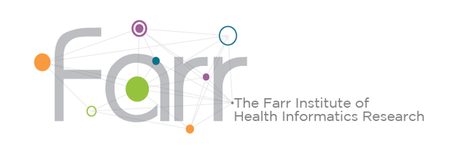Researchers at the University of Aberdeen have demonstrated how increased digital capture of data and Safe Haven architecture to link data from different sources to create bespoke study datasets provides a valuable approach to improve health surveillance, service planning and patient care. Chronic kidney disease (CKD), affects 10% of the adult population, especially those over 65 years. With substantial uncertainty about its significance to health, who is at greatest risk and how best to optimise care, CKD makes an excellent model for assessing the feasibility and showcasing the potential benefits of linking health records in Scotland.
This GLOMMS study extracted relevant clinical records to create a research platform, from which bespoke linked study-specific datasets could be constructed. The ability to undertake data linkage for health research, and the governance infrastructure provided by Safe Havens, enabled the research team to participate as one of only three UK centres in an international CKD epidemiology meta-analysis, leading to developments of new clinical trial endpoints. The team has also been approached by a range of potential partners for further research programmes.
View the full Farr Institute @ Scotland newsletter featuring this article.
For more information on Farr, visit the Farr Institute @ Scotland website.


